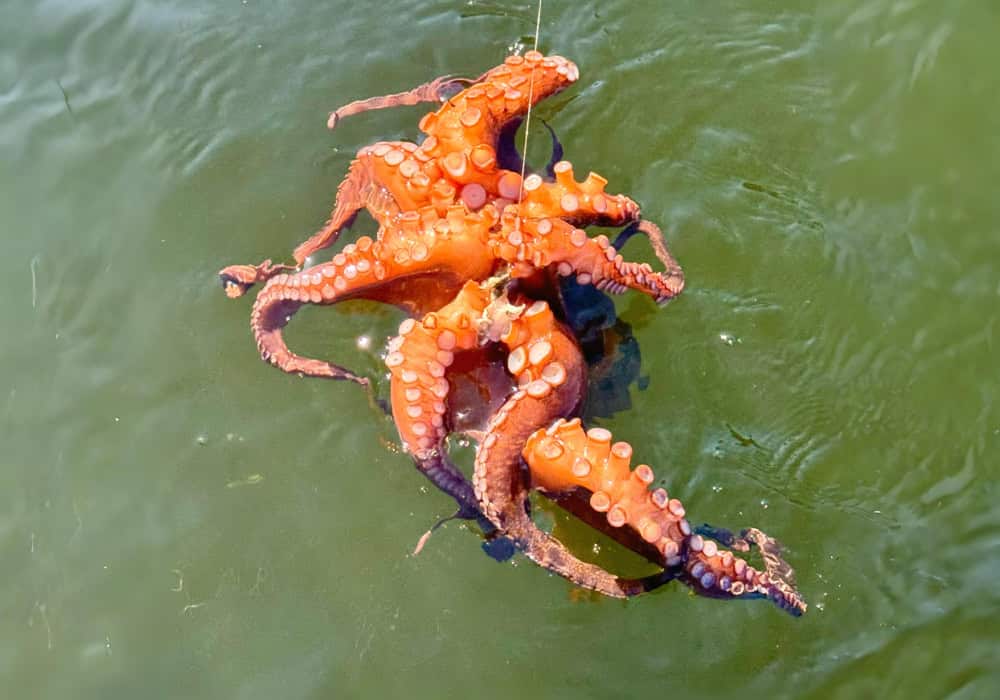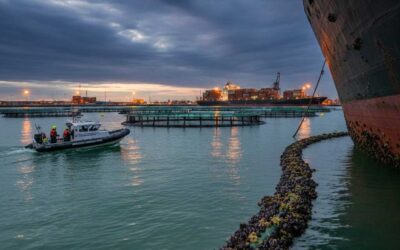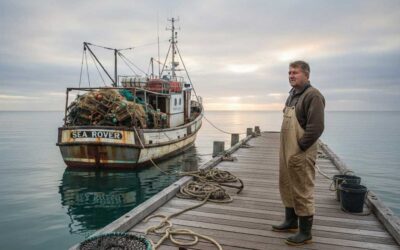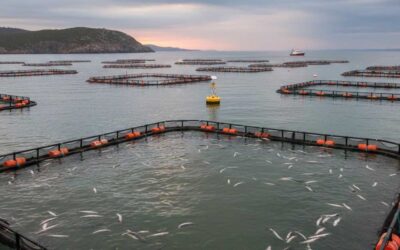
Running a seafood business isn’t just about hauling in the day’s catch or managing logistics. It also involves navigating a complex web of legal rules that govern everything from how you fish to how you label your products. Whether you’re a fisher, processor, exporter, or aquaculture operator, legal compliance can make or break your operation.
This article explores the key areas of law that impact seafood businesses and how getting the right legal advice early can help you stay competitive, avoid costly fines, and build a strong, compliant business.
Understanding the Legal Landscape
The seafood industry is heavily regulated across multiple levels—local, state, federal, and even international. These laws ensure sustainability, consumer safety, and fair trade but can also be confusing and difficult to follow.
Here are the major legal areas seafood businesses need to understand:
- Fisheries Management & Licensing
-
- Permits are required for commercial fishing and aquaculture operations.
- Fisheries laws determine what species you can catch, in what quantity, and in which areas.
- Breaching these rules can lead to severe penalties or loss of license.
- Environmental and Marine Protection Laws
- Environmental laws restrict harmful activities near marine parks, breeding grounds, or sensitive ecosystems.
- Aquaculture operations must follow rules on waste disposal, feed usage, and habitat management.
- Food Safety & Labelling Requirements
- All seafood sold to the public must meet national food safety standards.
- Incorrect or misleading labelling (e.g., country of origin, species misidentification) can result in enforcement action.
- Biosecurity and Quarantine
- Businesses must comply with strict biosecurity protocols to prevent the spread of diseases or pests.
- Importers and exporters face inspection, documentation, and certification requirements.
- Employment & Workplace Safety
- Fishing and seafood processing are physically demanding, high-risk industries.
- Employers must meet occupational health and safety (OHS) and workers compensation requirements.
- Contracts and Commercial Law
- Supply agreements, joint ventures, or distributor contracts must be legally sound.
- Disputes over pricing, supply volumes, or delivery terms are common and costly without clear agreements.
- Export Controls & International Trade
- Exporting seafood products involves meeting foreign market requirements (e.g., certifications, packaging standards).
- Trade sanctions and tariffs may apply depending on the destination.
Compliance: Why It Matters
Legal compliance isn’t just about avoiding trouble. It also helps your business:
- Build trustwith buyers, regulators, and consumers.
- Protect your reputationby showing you operate responsibly.
- Avoid costly disruptionslike fines, shutdowns, or license suspensions.
- Qualify for grants or programsthat require proven compliance.
- Prepare for audits or inspectionswith confidence.
Common Legal Risks in Seafood Operations
Many operators unintentionally fall into legal traps. Some common issues include:
- Operating with an expired license or fishing in restricted areas.
- Failing to report catch volumes accurately.
- Inadequate food safety systems in processing facilities.
- Mislabelling imported fish as locally caught.
- Not understanding contractual obligations with buyers or freight companies.
- Non-compliance with export documentation, resulting in delays or refusals.
Case Study Example: The Export Pitfall
A mid-sized seafood exporter in Queensland lost a $500,000 shipment after failing to meet Japan’s packaging labelling rules. The product was held at customs and ultimately destroyed. The issue could have been avoided with the right legal advice during the export planning stage.
How Aquarius Lawyers Can Help
Aquarius Lawyers specialises in the legal needs of the seafood, fisheries, and aquaculture industries. Here’s how we can support your business from catch to compliance:
- Licensing & Regulatory Advice
-
- Help you understand what licenses or permits you need.
- Review compliance with state and federal fishing regulations.
- Advise on quota management and transfer rules.
- Commercial Contract Support
- Draft and review contracts with buyers, agents, suppliers, or partners.
- Negotiate terms to protect your commercial interests.
- Assist with joint ventures or supply chain agreements.
- Food Safety & Labelling Compliance
- Check your packaging, branding, and labelling meet legal standards.
- Help you respond to investigations or product recalls.
- Export and Trade Advisory
- Guide you through export permit processes.
- Advise on international regulatory requirements and certifications.
- Assist with disputes over rejected goods or payment failures.
- Environmental and Planning Law
- Help navigate environmental approvals for aquaculture or processing sites.
- Provide legal support if you’re investigated for environmental breaches.
- Employment & Safety
- Ensure you meet your workplace safety obligations.
- Draft employment contracts and workplace policies.
- Advise on handling disputes, injuries, or Fair Work matters.
- Dispute Resolution & Advocacy
- Represent you in regulatory investigations or enforcement actions.
- Resolve commercial disputes through negotiation or legal proceedings.
- Assist with appeals involving fishing entitlements or compliance penalties.
Tailored Legal Strategies for Seafood Businesses
Aquarius Lawyers understands that every business is different. Whether you’re an independent fisher, family-run processor, or growing exporter, we take the time to understand your operations and goals.
Our team offers:
- Plain-language legal adviceso you understand your rights and responsibilities.
- Fixed-fee optionsfor many services so you can budget with confidence.
- A deep understanding of the seafood industry, with experience across multiple jurisdictions.
Proactive Compliance is Good Business
Many businesses only seek legal advice when something goes wrong. But in the seafood industry, proactive legal planning is the smarter approach. Here’s why:
- You can design systems that comply from the start, avoiding retroactive fixes.
- Legal documents like contracts or leases can be tailored to your risk areas.
- You build resilience against unforeseen issues—whether regulatory changes, biosecurity events, or trade disputes.
Checklist: Is Your Business Legally Prepared?
Tick off what applies to you:
- Are your licenses and permits current?
- Do you understand your reporting obligations?
- Is your food labelling legally compliant?
- Do you have clear contracts with suppliers and buyers?
- Are you meeting workplace safety and employment obligations?
- Are you prepared for export audits and inspections?
If you answered “no” or “unsure” to any of the above, it’s time to review your legal readiness.
Final Thoughts
Running a seafood business means working in one of Australia’s most regulated—and rewarding—industries. Legal compliance isn’t a hurdle to success; it’s a foundation. By understanding your legal obligations and partnering with the right advisors, you can protect your business, grow with confidence, and stand out in the market.
Get in Touch with Aquarius Lawyers
Whether you need a quick compliance check or ongoing legal support, Aquarius Lawyers is here to help. We’re passionate about supporting seafood and aquaculture businesses across Australia and internationally.
Contact us today to book a consultation.
📧 marketing@aquariuslawyers.com.au
🌐 www.aquariuslawyers.com.au
📞 02 88584233



